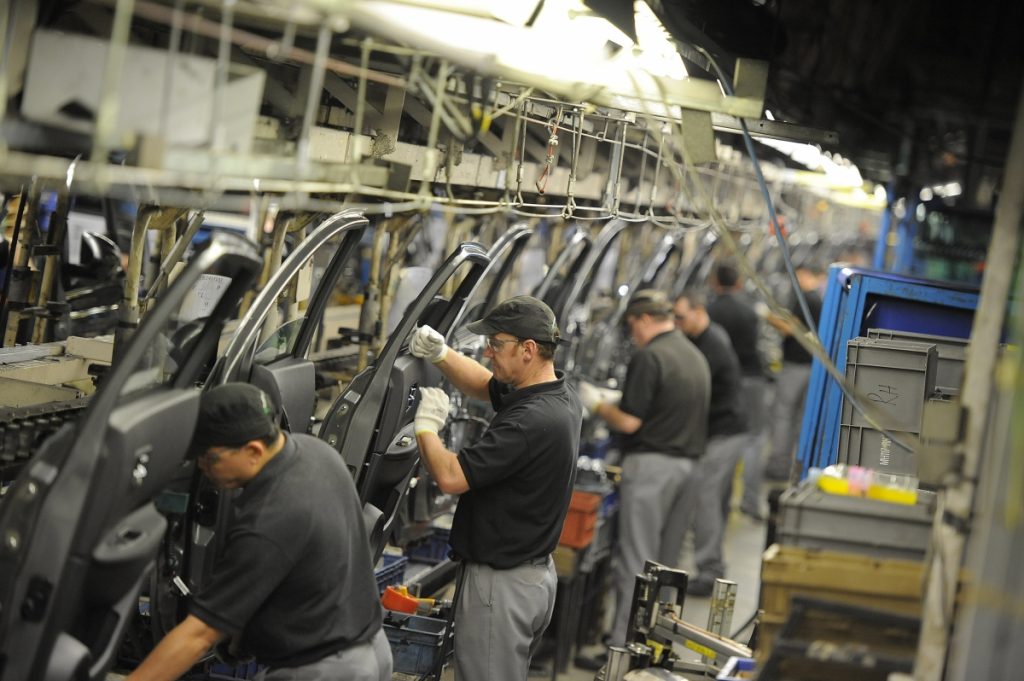
The Bank of England’s (BoE) chief economist, Andy Haldane warned this morning the UK will need a “skills revolution” in order to face the disruption of what is called the Fourth Industrial Revolution. Mr. Haldane underlined the need to re-skill as artificial intelligence is making an increasing number of jobs obsolete.
AI, as Mr Haldane pointed out, is the most immediate threat – likewise an opportunity – for the UK workforce in the years to come. However, the fourth industrial revolution leverages a whole new set of emerging technologies that can radically change all layers of economic and societal systems, with the sector of employment at a major risk.
Briefly explained, the 4th Industrial Revolution feature various technological advancements capable of disrupt almost every industry in every country. Robotics, the Internet of Things, autonomous vehicles, 3-D printing, nanotechnology, biotechnology, materials science, energy storage, quantum computing, and of course, Artificial Intelligence is disrupting almost every industry in every country.
The major issue facing by Governments, like Mr Haldane and the BoE warned about, is the breadth and depth of these changes herald the transformation of entire systems of production, management, and governance.
For instance, and willing to take onto the subject as soon as possible, Big Data LDN questioned data expert last year about the impact of the Fourth Industrial Revolution on skills and UK businesses have not been as unprepared as Mr. Haldane thinks, even if there is still a long way to go.
The report found that when asked how they will obtain the skill sets needed for the Fourth Industrial Revolution, 60% will identify and redeploy staff with transferable skills, and only 2% of UK businesses surveyed will outsource. This means that the skills gap can be saved by self-sufficiency.
This shows that UK business are somewhat prepared as almost all UK enterprises have a data strategy for the Fourth Industrial Revolution. However, the majority of organisations (48%) have only been recently delivering against it for the last 12 months.
These preparations were also seen when experts were asked if they have any strategy to keep up with the new technological breakthroughs. Data Leaders indicated Enterprise Information Management (29%), Self-service data preparation (27%) and Cloud (25%) platforms are the technologies needed to deliver value and business growth in the new revolution.
Furthermore, UK organisations showed short-term ambitions in the sense that up to four times as many UK organisations (58%) use data to analyse existing customer engagement and loyalty as to develop new products (13%).
MP Alan Mak, Chair of the All-Party group on the Fourth Industrial Revolution welcomed the report saying:
“Data will be as important to the British economy in this century as oil was in the previous one, so it is vital that as we prepare for Brexit we invest wisely in the skills and new technologies needed to harness the opportunities of the 4IR.”
Big Data LDN will publish a second Fourth Industrial Revolution report ahead of the event Big Data LDN 2018 will take place on 13th November at Olympia.
HedgeThink.com is the fund industry’s leading news, research and analysis source for individual and institutional accredited investors and professionals








